The FAA is proposing that cockpit voice recorders (CVRs) should record a minimum of 25 hours, to help with investigations of close calls.
This past week, the FAA held a “safety summit”, in an effort to understand the circumstances around a number of incidents that have attracted the public’s attention. The purpose of the summit was to evaluate the extent of this “uptick” in incidents and look for patterns that would point to a problem.
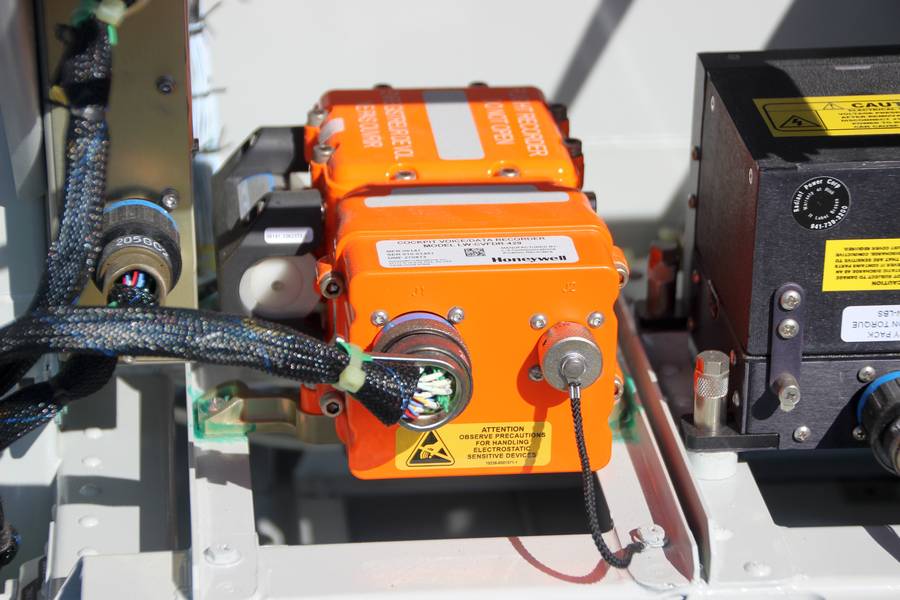
There are several theories for this apparent uptick in incidents. But to get the complete picture of the events, investigators have already run into an obstacle. The FAA and NTSB usually don’t have usable information from cockpit voice recorders or CVRs after such events. This is because, in many of these close calls, one or both aircraft then take(s) off, for a multi-hour flight.
FAA – The Need For Longer-Running Cockpit Voice Recorders
Current FAA and international rules around cockpit voice recorders stipulate that they should record at least two hours of audio. For many years, the requirement had been as low as thirty minutes. The increase to two hours came when CVRs switched from magnetic tape to Solid-State Digital units (SSDs).
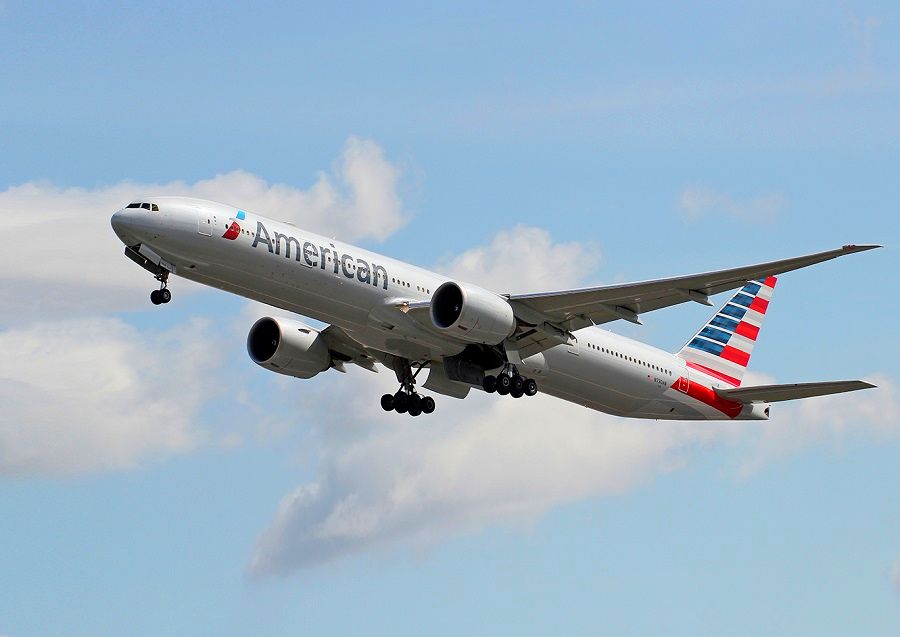
This increase in recording time was a step in the right direction – but it wasn’t enough. The current limitations of cockpit voice recorders came up when the NTSB and the FAA set to investigate an incident last January. As we saw at the time, an American Airlines 777 taxied to and crossed the wrong runway at JFK, causing a departing Delta Air Lines 737 crew to reject their takeoff at high speed.
After this event, the NTSB had to issue subpoenas to the flight crew of the American Airlines 777, so they would come for an interview. The crew had originally refused such an interview, specifically because the NTSB intended to record their statements. APA, the union representing the pilots, stated that the NTSB had previously used stenographers, to record these in-person interviews.
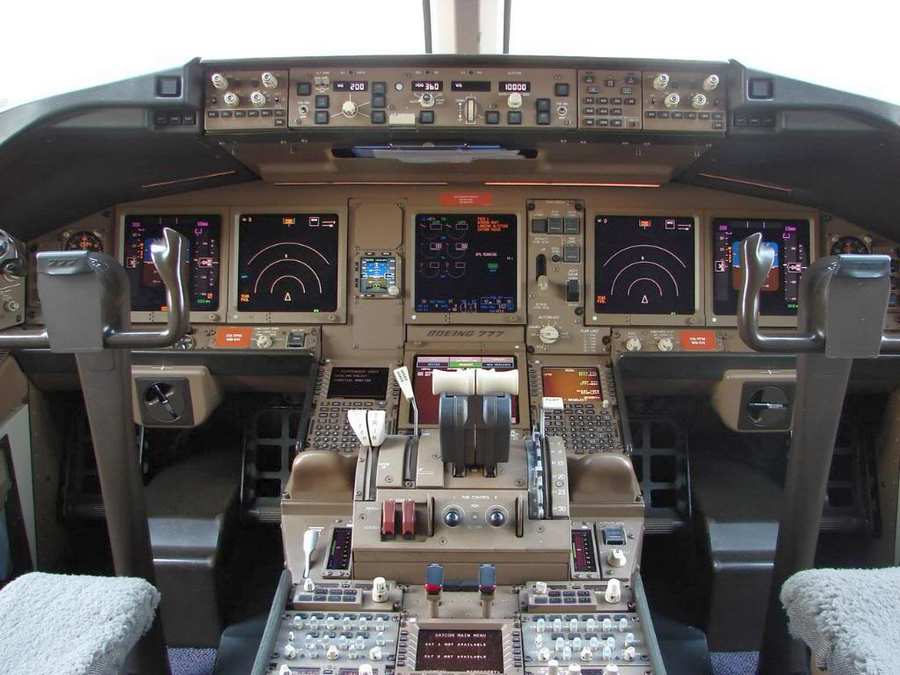
Why 25 Hours?
However, the NTSB countered that it is recording these interviews due to the lack of a CVR recording. After that JFK incident, the American Airlines flight took off for a transatlantic crossing. This is why the FAA now wants to increase the recording time of cockpit voice recorders. With further advancements in solid-state recording media, the technology should already be in place.
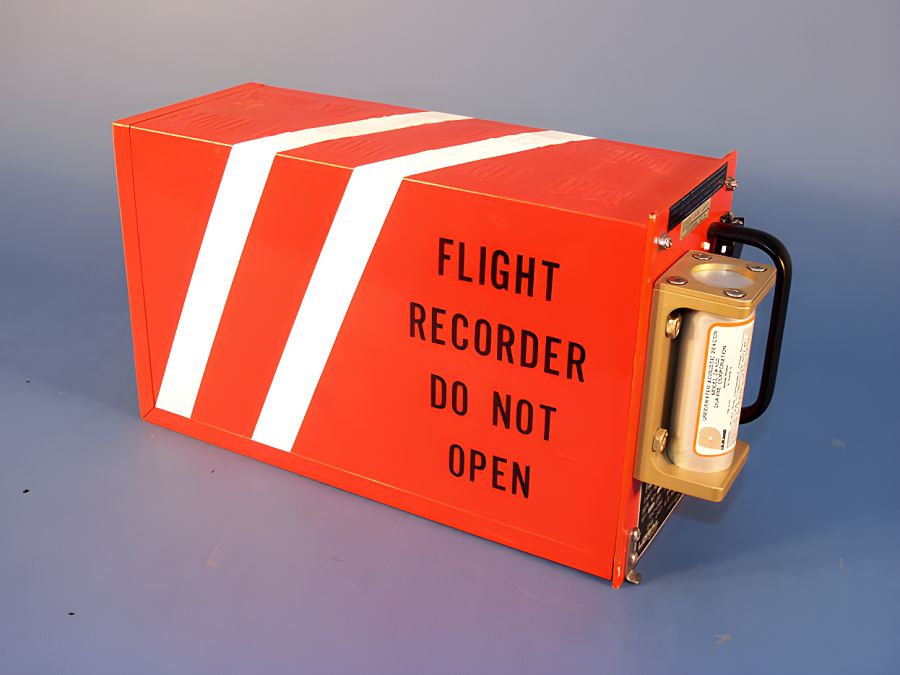
The FAA wants cockpit voice recorders to run for 25 hours. Flight data recorders (FDRs) already record parameters for 25 hours, so the change would bring the two “black boxes” into line with each other. Having this information will allow investigators to see (well – hear) what pilots were doing, and what kind of distractions may have led them to miss or misinterpret an ATC call.
The NTSB has called for extending the recording time of CVRs for several years now. It will be interesting to see if there are any objections to this FAA call for longer-running CVRs. For example, calls for cameras in the cockpit have met with resistance from pilots, on privacy grounds.



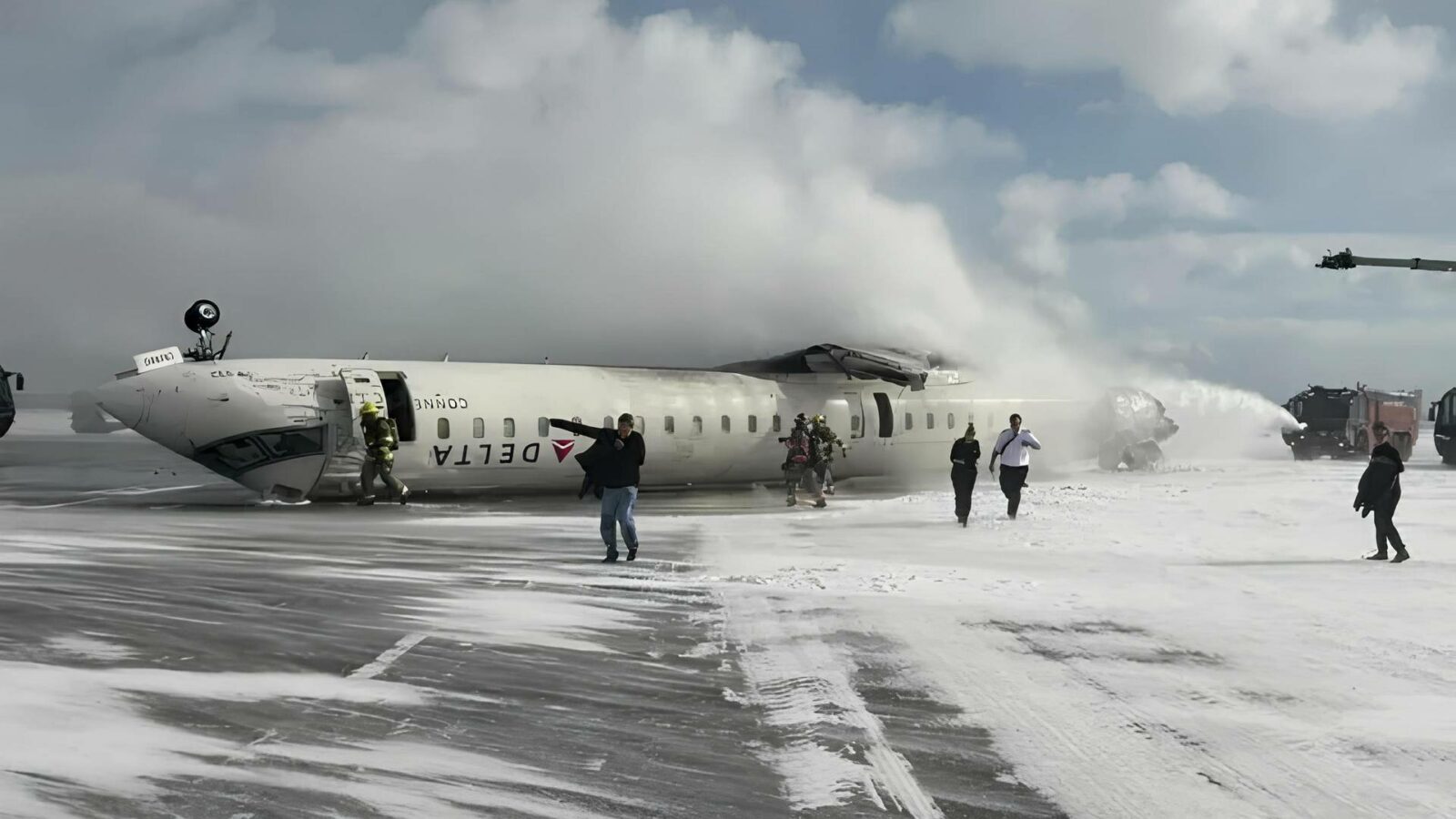
1 comment
ross
Seems like a non-brainer. Almost anyone in such a safety critical job is monitored/ recorded at work. I can’t imagine why pilots should be treated any different.